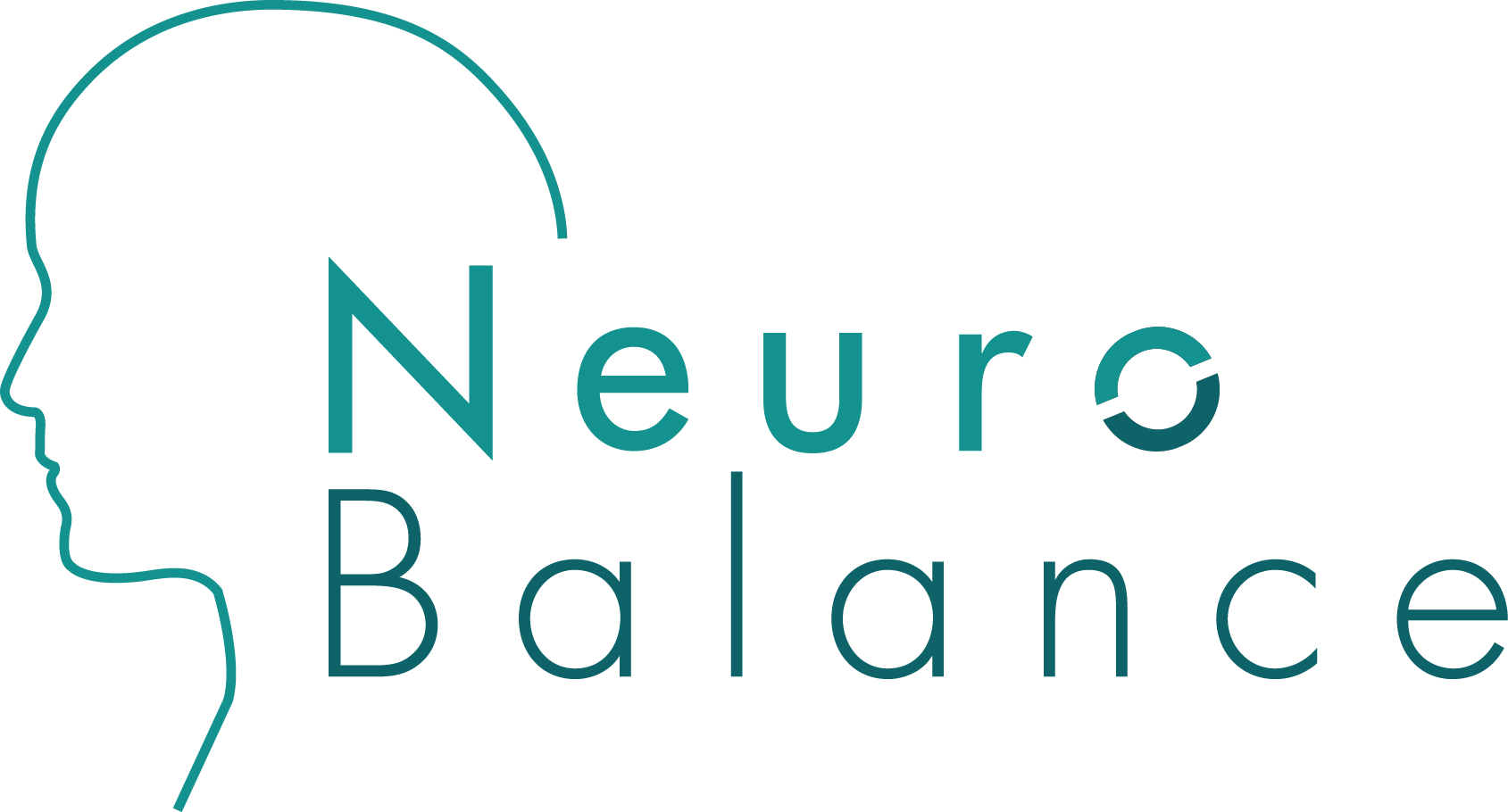Dementia and Vitamin K
In a new study from Almaarefa University in Saudi Arabia, they found that giving vitamin K supplements to rats indicated a reduction in the risk of cognitive deterioration.
As people age the risk of developing dementia increases. The term dementia involves a group of neurological diseases that ultimately reduce brain power by negatively impacting the blood flow and chemical component that leads to loss of memory and the ability to function properly.
Researchers now have learned that vitamin K has the potential to improve cognitive abilities in older people.
Continued research looks into ways of reducing the rate of decline and the severity of symptoms of those experiencing dementia.
Dementia in General
The most current data shows people 65 years and older are at the highest risk for developing Alzheimer’s dementia, according to the Alzheimer’s Association. It is reported that 6.5 million people in the US have this type of dementia.
The Alzheimer’s Association states dementia, ”is a general term for a loss of memory, language, problem-solving and other thinking abilities that are severe enough to interfere with daily life.”
Alzheimer’s disease is a neurodegenerative condition that is a result of a build up of abnormal proteins in the brain, called amyloid plaque. This phenomenon impairs the brains ability to properly complete its signaling to and from important neural networks.
Other types of dementia involve a restriction of blood flow that will lead to improper firing and a reduction of function.
Some symptoms and signs of dementia can include:
Showing difficulty in communication
Showing changes in mood
Forgetfulness of names of family and friends
Difficulty completing daily chores and everyday tasks
Lack of long-term memory by inability to remember old memories
Vitamin K Benefits
Vitamin K is naturally found in green leafy vegetables and plays an important role on brain and bone health. Vitamin K is only one of the many foods that supply the brain the necessary vitamins and minerals needed to maintain health.
According to anatomy professor Mohamed El-Sherbiny at Almaarefa University, “The aging process is associated with deterioration of brain functions. Vitamin K is a natural fat-soluble vitamin…[it] protects the brain from the development of Alzheimer’s disease. Consuming adequate amounts of vegetables and fruits is satisfactory to maintain normal vitamin K levels. However, supplements are also available to substitute for natural sources in case of inability to consume them.”
Dementia and Vitamin K Link
Since the link of vitamin K with brain health was indicated, researches wanted to witness if vitamin K had any impact on cognitive ability in lab rats.
So, in a 17 month long trial, researches gave one group of rats, Menaquinone-7 (MK-7) or vitamin K2 supplement, while the other group were administered nothing.
Throughout the study the rats underwent a series of cognitive functioning tests to assess the states of anxiousness, depressive and cognitive behavior levels.
After the study had concluded it was determined that the rats who received the vitamin K supplements showed a reduced level of anxiety, depressive-like behavior and cognitive impairment. There was an added bonus of demonstrating increased learning ability and spatial memory.
This straight forward study indicates how important is it to get the correct amount of vitamin K in an aging brain.
Professor El-Sherbiny says, “ Vitamin K2 demonstrated a very promising impact in hindering aging-related behavioral, functional, biochemical, and histopathological changes in the senile aging brain.” He went on to say, The most important implications are paying attention to vitamin K in the aged population and its relation to Alzheimer’s and other age-related neurodegenerative diseases.”
Food can truly be our greatest form of medication.
-A Balanced Brain is a Better Brain-
